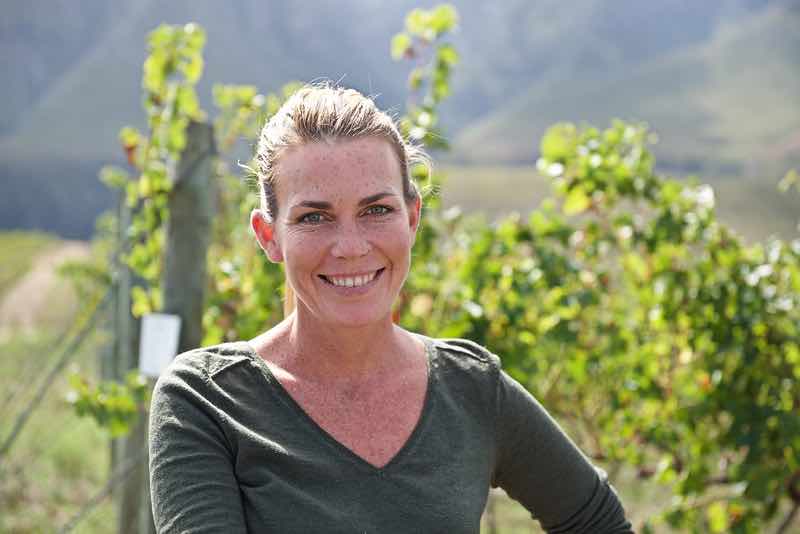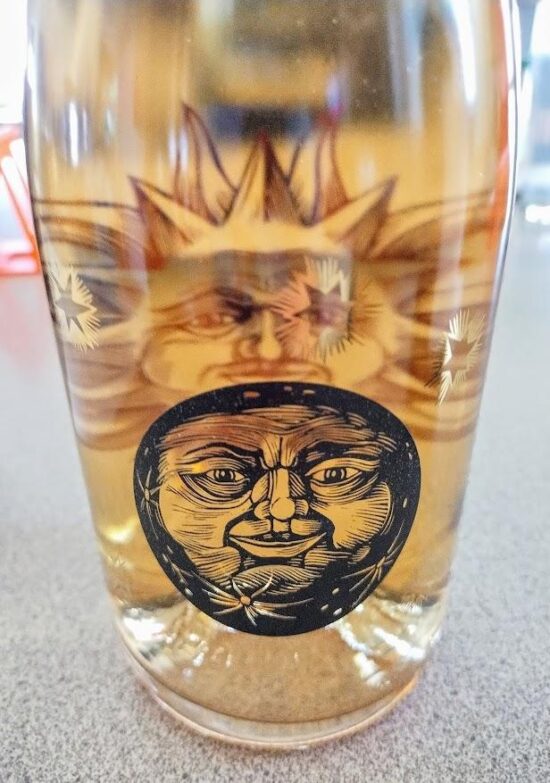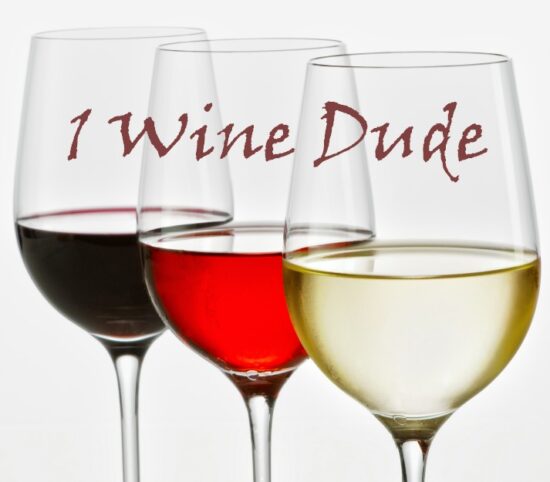
It’s a decision most of us will never have to make, thank goodness. You have a few seconds to pack a single bag: what do you take? Throw in a couple of family photos, a favourite jumper, a knick-knack that reminds you of your childhood. And then you open the door and flee for your life.
Samantha O’Keefe of Lismore Estate Vineyards knows a little of the desperation and panic we see in the eyes of Ukrainian refugees on the news. In December 2019, she faced such a choice. There were no Russian troops massing ominously in the dramatic hills above Greyton; what sent her scuttling from her home was fire. Over the next few hours, she lost almost everything she’d built over the last 20 years: her house and cellar were chewed up and spat out by the flames. Just as bad, at least as far as her business was concerned, was the loss of wine sitting in barrels: 70,000 litres of the 2019 vintage vapourised.
By chance, Lismore’s vineyards, torched and engulfed by billowing smoke, fared a lot better. “If they had all been destroyed, I would have given up,” she says. “But I went back the next day and there were green shoots.” Three hectares were beyond help and have been pulled out, but just over three times that amount had survived. Samantha made wines from her own vines in 2020, as well as from grapes donated to her from across the Western Cape. She worked out of four different cellars, driving thousands of kilometres during harvest, and somehow managed to produce some wines in 2020.
Last week, I was back at Lismore for a once annual tasting that we last held in March 2019, pitting the best South African wines against their peers from elsewhere. The rebuilt house looked spookily identical; the red shed – Samantha’s name for her cellar – was open again, full of barrels, foudres and concrete eggs. I could see a few charred trees from the veranda, but other than that there were scant signs of the conflagration. After the tasting, a few of us sat by the fire drinking 2011 Jamet Côte Rôtie, of all things, warmed by more benign flames.
Lismore is on its feet once more. Sam has planted another six hectares, bottled some stellar 2021s and pulled her life back from the precipice. It’s hard to describe, let alone understand, the strength of will it takes to survive something like this. Post-traumatic stress syndrome is only part of a challenge that must have felt almost Sisyphean at the outset.
The day after I left Lismore, I was sitting having dinner with Rosa Krüger, South Africa’s inspirational old vine queen, discussing the price of grapes. The Cape is far from the only place in the world where quantity is better rewarded than quality. As long as there’s sufficient water – not necessarily a given nowadays – it’s generally more profitable to farm a mechanised,…



